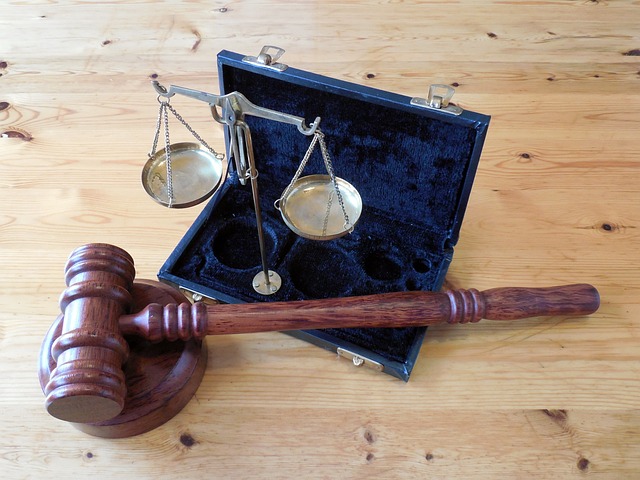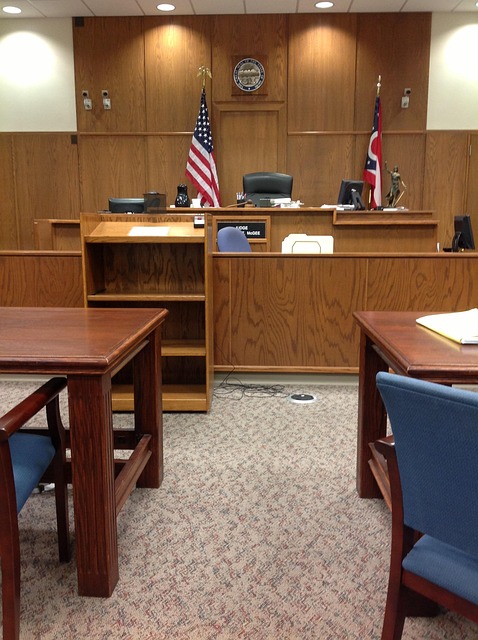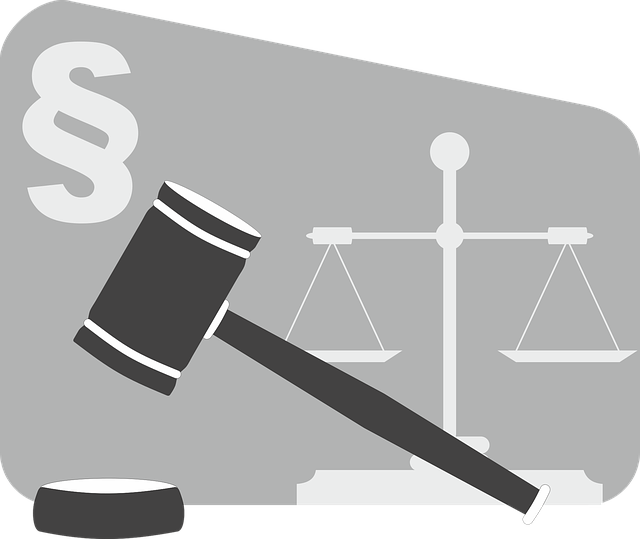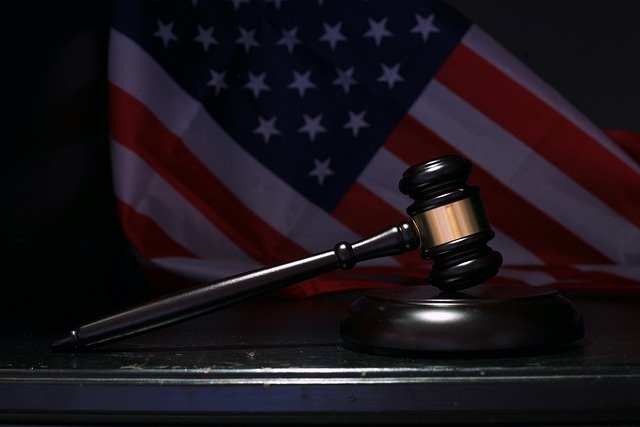Regulatory fraud laws protect consumers, investors, and businesses from deceptive practices across sectors like financial misdeeds, product tampering, environmental violations, and healthcare scams. Non-compliance carries severe legal consequences. Startups, facing temptations to manipulate data or make false claims, must prioritize open communication and transparent decision-making processes to mitigate risks. Effective Conflict Resolution Strategies for Co-Founders, including mediation, arbitration, and robust internal controls, help manage partnerships, prevent costly trials, and preserve business integrity, even in cases of fraud. These strategies foster trust, deter fraudulent behaviors, and secure long-term survival of ventures.
Regulatory fraud laws are a crucial aspect of business operations, particularly for startups navigating complex compliance landscapes. This article delves into the intricacies of these laws, offering a comprehensive guide on understanding and mitigating regulatory fraud risks. We explore common types of fraud in startups, its devastating impact on co-founders and businesses, and present effective Conflict Resolution Strategies for Co-Founders involved in such disputes. By adhering to best practices and preventive measures, entrepreneurs can foster ethical growth and protect their ventures.
- Understanding Regulatory Fraud Laws: Definition and Scope
- Common Types of Regulatory Fraud in Business Startups
- Impact of Regulatory Fraud on Co-Founders and Businesses
- Conflict Resolution Strategies for Co-Founder Disputes Involving Fraud
- Preventive Measures and Best Practices to Mitigate Regulatory Fraud Risks
Understanding Regulatory Fraud Laws: Definition and Scope

Regulatory fraud laws are designed to protect consumers, investors, and businesses from deceptive practices and false representations in various sectors. These laws encompass a wide range of activities, including financial misdeeds, product tampering, environmental violations, and healthcare scams. Understanding these regulations is crucial for individuals and entities to ensure compliance, as non-compliance can lead to severe legal consequences, including civil lawsuits and criminal charges. By knowing the scope and definition, businesses can implement robust internal controls and conflict resolution strategies for co-founders, effectively navigating all stages of the investigative and enforcement process.
Effective conflict resolution strategies are essential for managing partnerships among co-founders, especially when dealing with regulatory fraud matters. These strategies help in achieving extraordinary results by fostering open communication, promoting transparency, and ensuring fair processes. Whether through mediation, arbitration, or alternative dispute resolution methods, these approaches can prevent lengthy and costly jury trials, ultimately preserving the integrity of the business and its relationships.
Common Types of Regulatory Fraud in Business Startups

In the dynamic landscape of startup culture, where innovation meets ambition, Regulatory Fraud looms as a significant challenge. From financial misrepresentations to false claims about product safety or environmental impact, startups often face tempting shortcuts that flout regulatory guidelines. For instance, some may manipulate data to secure funding, exaggerate market potential, or understate legal risks—behaviors that can have severe repercussions, including hefty fines and damage to public trust.
Conflict Resolution Strategies for Co-Founders become crucially important in these scenarios, acting as a shield against regulatory pitfalls. By fostering open communication, transparent decision-making, and early identification of potential discrepancies, co-founders can navigate complex regulatory environments more effectively. Leveraging general criminal defense strategies can help startups achieve extraordinary results, ensuring compliance without sacrificing their entrepreneurial spirit. And should disputes arise, understanding the nuances of jury trials can provide a path to resolution, preserving the integrity and future prospects of the business.
Impact of Regulatory Fraud on Co-Founders and Businesses

The impact of regulatory fraud can be devastating for co-founders and businesses alike, shattering trust and undermining hard-earned reputations. When a co-founder is involved in fraudulent activities, it creates an unprecedented challenge within the partnership. The fallout can lead to significant financial losses, legal repercussions, and damage to the company’s public image. This not only affects the immediate operations but also hampers future growth prospects, making it crucial for co-founders to have robust conflict resolution strategies in place.
Co-founders must prioritize open communication and transparency as soon as any suspicions of fraud arise. Engaging the services of legal professionals experienced in navigating all stages of the investigative and enforcement process is essential. These experts can guide founders through complex regulations, help uncover the truth, and mitigate potential damage. With their support, co-founders can work towards resolving the conflict, rebuilding trust, and ensuring a sustainable future for their business, even in the face of such challenging circumstances.
Conflict Resolution Strategies for Co-Founder Disputes Involving Fraud

When co-founders of a startup engage in fraud, dispute resolution becomes paramount to safeguard the company’s future. As partners with equal stakes, their disagreements can be highly contentious. One effective strategy involves mediation, where an impartial third party assists them in negotiating a mutually agreeable solution. This approach is particularly beneficial as it fosters collaboration and allows for creative outcomes tailored to the unique dynamics of their partnership.
In instances where mediation fails or when fraud cases are particularly complex, alternative methods like arbitration may be considered. Unlike jury trials, arbitration offers a more flexible process, enabling the parties to choose their arbiter and tailor rules. This has proven effective in securing winning challenging defense verdicts across the country, demonstrating the versatility of conflict resolution strategies for co-founders.
Preventive Measures and Best Practices to Mitigate Regulatory Fraud Risks

Preventive measures are paramount in mitigating regulatory fraud risks. Companies should establish robust internal controls, including regular audits and transparent financial reporting practices. Training employees on compliance ethics and fostering a culture that prioritises integrity can significantly reduce the chances of fraudulent activities. Implementing sophisticated data analytics tools to detect anomalies can also serve as an effective early warning system. Additionally, staying updated with regulatory changes is crucial; keeping abreast of industry trends ensures that businesses remain compliant and adapt to evolving standards.
Conflict resolution strategies for co-founders are another essential aspect. Clear agreements outlining roles, responsibilities, and profit-sharing mechanisms from the outset can prevent misunderstandings. Regular open communication channels and mediation processes should be in place to address conflicts promptly. Promoting a collaborative environment where founders support each other’s success fosters trust and deters fraudulent behaviours. Moreover, involving external legal counsel or compliance experts can provide valuable insights into best practices for navigating regulatory landscapes, thereby helping to avoid indictment for corporate and individual clients alike.
Regulatory fraud laws are essential tools in safeguarding business integrity, especially for startups navigating complex legal landscapes. By understanding these laws and implementing preventive measures, co-founders can mitigate risks effectively. When disputes arise, Conflict Resolution Strategies for Co-Founders provide a roadmap to address fraudulent activities fairly. Embracing best practices ensures a robust framework that fosters trust and protects both the startup and its stakeholders in the dynamic world of business regulations.






